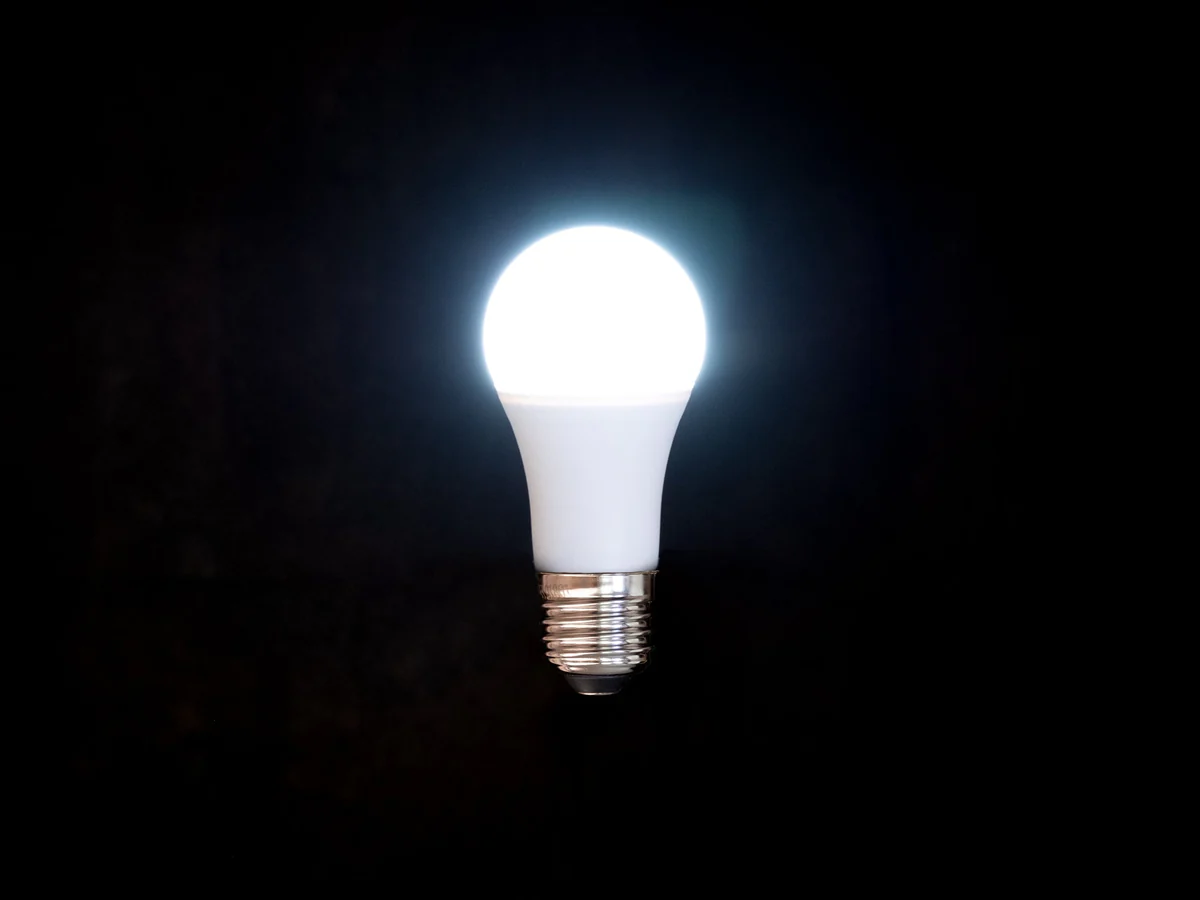Can Art and Writing Coexist with a Career as a Scientist?
Can Art and Writing Coexist with a Career as a Scientist?
Background
I dream of becoming a scientist. Currently, I’m fulfilling my mandatory military service in South Korea after earning my bachelor’s degree. My ultimate goal is to contribute to the development of human-level artificial intelligence by pursuing research in fields like information engineering or cybernetics.
Before committing fully to this scientific path, I’ve been pondering whether I could explore artistic and writing endeavors—two activities I’ve always wanted to try. At the same time, I can’t help but wonder: would these pursuits harm my career prospects? To me, they’re not just hobbies; they represent ways to share my passion and vision with others, helping them connect with and understand my ideas.
To gain clarity, I had a thought-provoking conversation with OpenAI’s ChatGPT. I wanted to know how art and writing might complement my scientific ambitions and whether they could become integral parts of my journey as a researcher.
ChatGPT’s Insights
Art and writing aren’t obstacles to a scientific career—they can be valuable assets. Here’s what ChatGPT shared about the potential benefits of these pursuits.
Positive Impacts of Art and Writing on a Scientific Career
-
Enhancing Creativity
Activities like drawing, writing, or composing music enhance creativity, a skill crucial for tackling scientific challenges and generating innovative ideas. -
Improving Communication Skills
Writing sharpens your ability to articulate complex concepts clearly and effectively. This skill is invaluable when drafting academic papers, presenting research, or engaging with a non-specialist audience. -
Broadening Perspectives
Art and philosophy provide fresh perspectives, allowing you to approach scientific questions from diverse angles and uncover unique solutions. -
Providing Emotional Stability
The pressures of research can be intense. Artistic activities serve as an outlet for stress and help maintain emotional balance, contributing to a healthier, more sustainable career.
How It Impacts Your Career
According to ChatGPT, pursuing art and writing is unlikely to negatively impact your career. Instead, it can elevate your work in meaningful ways:
-
Diversified Skill Set
Being skilled in art or writing makes you a more versatile researcher. These abilities can also enhance teamwork and external collaborations. -
Expanded Networks
Artistic and writing endeavors open doors to broader connections, fostering partnerships that might lead to unexpected opportunities. -
Emphasizing Originality
Creativity and originality are essential for impactful research. Artistic pursuits highlight these traits, helping you stand out among your peers.
Suggestions for Combining Art and Science
-
Start a Blog
Create a blog where you blend scientific topics with artistic expression. Sharing your ideas in this format can engage a wider audience while refining your communication skills. -
Write Science Essays
Approach scientific concepts through artistic or philosophical lenses. Essays like these provide a unique way to explore and present your ideas. -
Participate in Art Projects
Collaborate on or initiate art projects, even on a small scale. These experiences can inspire new ideas for your scientific work.
Conclusion
ChatGPT’s advice resonated with Yuk Hui’s philosophy of technology, which highlights the deep connections between modern science, technology, art, and philosophy. Pursuing art and writing alongside scientific research isn’t a distraction; it’s a way to enrich both personal and professional growth.
I hope this reflection inspires others who, like me, are navigating the intersection of creative and scientific aspirations. Let’s explore these passions without hesitation—they might lead to surprising and rewarding discoveries.


Comments